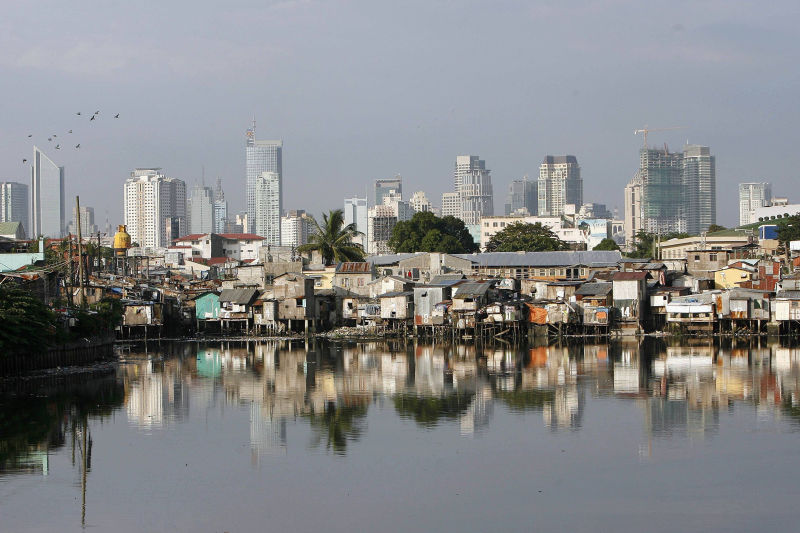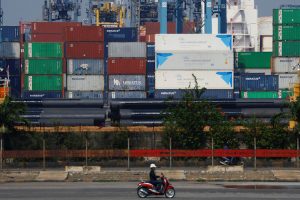The Asian Development Bank (ADB) has approved a $400 million policy-based loan to help the new Philippine government further deepen the country’s domestic capital markets and increase the supply of long-term finance.
The bank said the funds would be directed infrastructure development, which it described as “crucial for the country’s sustained economic growth”.
More supply of long-term finance will help address the country’s infrastructure financing gap, estimated at roughly 2 trillion pesos ($40 billion) a year to 2030.
“[The] Philippines … will require various sources of long-term financing to support the recovery of its industries and micro, small, and medium-sized enterprises; provide social protection; and fund its infrastructure development priorities,” Stephen Schuster, the ADB’s principal financial sector specialist for Southeast Asia, said.
“A deeper, more diversified investor base can help ease fiscal constraints,” he added.
ADB said it would help develop the insurance and pension sectors, which can drive economic growth and contribute to poverty reduction.
ALSO SEE: Philippines GDP to Gain $34bn from Meta Deals – Manila Bulletin
Small Portion of Philippines’ Capital Market
Pension funds and the insurance sector account for only a small portion of the Philippines’ domestic capital market, with their combined volume equivalent to 12% of gross domestic product compared to 30% in Thailand and almost 80% in Malaysia.
“There is huge potential in tapping this sector for long-term funds since they have long investment horizons and low leverage,” Schuster said.
“These investors can offer better debt pricing and longer maturities in local currency and are less likely to sell or retreat during short-term market corrections.”
- George Russell
READ MORE:
Mystery as Philippine Tycoon Sets Post-Election Divestment
Japan, Philippines Agree to Bolster Defence Cooperation
SE Asia Pandemic Recovery Faces Headwinds, Says ADB
























